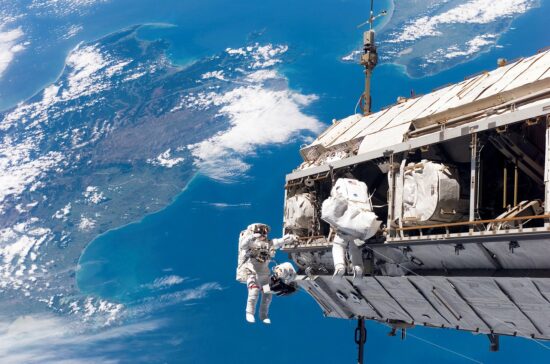Machine learning algorithm to characterize antimicrobial resistance associated with the International Space Station surface microbiome
Antimicrobial Resistance (AMR) has a detrimental impact on human health on Earth and it is equally concerning in other environments such as space due to microgravity, radiation and confinement, especially for long-distance space travel. The International Space Station (ISS) is ideal for investigating microbial diversity and virulence. The shotgun metagenomics data of the ISS generated during the Microbial Tracking – 1 (MT-1) project and resulting metagenome-assembled genomes (MAGs) across three flights in eight different locations during 12 months were used in this study. The objective of this study was to identify the AMR genes associated with whole genomes of 227 cultivable strains, 21 shotgun metagenome sequences, and 24 MAGs retrieved from the ISS environmental samples that were treated with propidium monoazide (PMA; viable microbes).
AMR NEWS
Your Biweekly Source for Global AMR Insights!
Stay informed with the essential newsletter that brings together all the latest One Health news on antimicrobial resistance. Delivered straight to your inbox every two weeks, AMR NEWS provides a curated selection of international insights, key publications, and the latest updates in the fight against AMR.
Don’t miss out on staying ahead in the global AMR movement—subscribe now!







